
News writer; Opinion columnist
Fort Knox, Federal Reserve Banks, and the Multi-State Lottery Association (MUSL) protect millions of dollars with some of the world's most complex and technologically advanced security systems.
The MUSL builds massive vaults, installs motion detectors and surveillance systems, hires armed guards, and requires at least two people to be present whenever someone manages sensitive equipment, such as number selection machines.
But despite all of these efforts, sometimes these security systems fall short, which is precisely what happened when one man decided it was his turn to win a million-dollar lottery prize.
The odds of winning a Hot Lotto jackpot were one in 10,939,383. This is the story of how one man figured out how to reduce those odds to 1:1.
Hot Lotto
Most lottery players are either familiar with the MUSL or its most popular game, Powerball. However, the MUSL also runs a few smaller multi-state games, such as 2by2, Lotto America, and several other single-state games.
From 2002 to 2017, the MUSL also ran a multi-state draw game called Hot Lotto. The rules were simple. Players chose five numbers between one and forty-seven, plus one Hot Ball between one and nineteen.
Starting in 2010, players could also add a Sizzler option that would triple the value of any non-jackpot prize. The jackpot was cumulative, beginning with a minimum of one million dollars and growing after each drawing without a winner. The game's biggest jackpot was $20 million.
Tickets cost $1 each, and drawings were held twice weekly at the MUSL headquarters in West Des Moines, Iowa. The drawings were not televised, and the numbers were selected using a random number generator (RNG) instead of the ball selection machines that games like Mega Millions use.
12/29/2010
The December 29, 2010, drawing didn't seem different from any other. The jackpot was just over $16 million, and the winning numbers were 3, 12, 16, 26, and 33, with a Hot Number of 11. Officials announced that a winning ticket had been sold at a Quick Trip gas station in Des Moines, and they waited for the winner to step forward and collect their money.
And they waited…and waited. After a month, no one turned in the ticket, so the MUSL put out advertisements in the local papers to remind people to check their tickets. Still, no one came forward, and the one-year time limit to claim a prize was ticking down to its final days.
Then, just as it seemed no one would collect the jackpot, a lawyer in Quebec named Philip Johnston called the Iowa Lottery and gave the correct 15-digit serial number from the winning ticket. Johnston claimed that he was working on behalf of the winner, who wanted to remain anonymous.
However, the Iowa Lottery legally requires that the identities of all winners be made public. Johnston said his client would rather remain anonymous than claim his prize and hung up. The days continued to tick down towards the deadline until just two hours before the ticket would have expired, a group of Iowa-based lawyers arrived at the Iowa Lottery headquarters with the winning ticket in hand. The lawyers said they were claiming the $16 million prize on behalf of a trust located in Belize.
This still didn't satisfy the lottery officials, who decided to conduct an investigation before releasing the funds.
Two hot dogs and a jackpot
While officials had no idea who had actually bought the ticket, they did have one big clue that could help them learn the winner's identity. The gas station that sold the winning ticket had a grainy videotape of the person who purchased it.
The video clearly shows an overweight man in his 40s buying two hot dogs and several lottery tickets. The man is wearing both a hoodie and a baseball hat, so his face can't be seen clearly. However, during a brief conversation with the cashier, his distinct low and grave voice could be heard.
To generate more leads, the state attorney's office decided to release a clip of the tape to the public on October 9, 2014, almost four years after the drawing. That's when the case broke wide open.
Once the tape was released, several people immediately recognized the ticket-buyer's unique voice and large build. It sounded just like Eddie Tipton, who was responsible for computer security at the MUSL.
Jason Maher, a personal friend of Tipton's, didn't want to believe that his friend could be the one on the tape. He isolated the voice from the security tape and removed the white noise. Then he compared it to an audio file he had of Eddie's voice.
Maher told the New York Times:
It was a complete and utter match, sound wave and everything.
Fox in the hen house
Tipton was the MUSL's information security director, and due to his extensive responsibilities, he worked long hours. He wrote software, optimized web pages, maintained network security and firewalls, and was responsible for protecting lottery games in almost three dozen states.
He was also well-liked and popular in the MUSL offices. He was known for cheering up coworkers who were having a bad day and hosting office Christmas parties.
But even so, coworkers found some aspects of Eddie's life odd, such as the massive five-bedroom house he built for himself, despite the costs seeming to exceed his modest salary.
Given the nature of his work, Tipton was not allowed to buy lottery tickets for any game run by the MUSL or win any prizes.
Rooting for a win
In November 2014, state investigators began looking into Tipton's relationship with Robert Rhodes, the man who hired Philip Johnston, the lawyer from Quebec who first tried to claim the prize.
They searched his LinkedIn network and learned that Tipton had once worked for Rhodes at Systems Evolution, a software company he owned based in Texas. Further investigation showed that they were close friends who had even vacationed together.
The investigators were confident that Tipton had purchased the ticket and used his friend to try to cash it in, but they still didn't know how he knew the winning numbers.
Speaking with Maher, they learned that Tipton was interested in rootkits, software programs that can take control of a computer and delete themselves so they are not discovered.
Although they couldn't prove it, they believed that Tipton used his access to the draw room to install a rootkit into the random number generator, telling it which numbers to call for a specific drawing.
Do not pass go
Tipton's relationship with Rhodes, combined with the gas station tape, convinced law enforcement agents to arrest him and charge him with two felony counts of fraud. Six months later, his trial began in a Polk County Courthouse.
Rob Sand, the prosecuting state attorney, began his case by saying:
This is a classic story about an inside job. A man who by virtue of his employment is not allowed to play the lottery, nor allowed to win, buys a lottery ticket, wins and passes the ticket along to his friends to be claimed by someone unconnected to him.
The defense attorney called out the lack of evidence, but ultimately, the jury found Tipton guilty, and he was sentenced to ten years in prison.
That should have been the end of the case until one phone call sent the entire investigation spiraling in a much larger direction.
Serial cheater
Even though he had won the case, Sands still wasn't satisfied that they had uncovered the full extent of Tipton's criminality. He believed that the security director may have manipulated other lottery drawings, which would account for his expensive house.
But with Tipton in prison, he was prepared to end his investigation when he received a call from a tipster in Texas who told him that Tipton's brother Tommy had won the lottery ten years earlier.
Sands learned that in 2006, Tommy had tried to swap a half million dollars in cash with a man named Tom Bargas, who ran a chain of fireworks stands. Tommy only made $35,000 as a justice of the peace, and Bargas was suspicious of how he had come across so much money. He called the FBI, which opened a public corruption investigation into Tommy.
When he spoke to agents, Tommy claimed that he won the lottery in Colorado and wanted to swap cash with Bargas so he could hide the fortune from his wife.
Believing that it was too much of a coincidence that Tommy had won the lottery, the FBI began looking into over 45,000 winning lottery tickets to search for any connection the winner had to Eddie Tipton. They compared winners to all of his social networks, phone logs, and emails.
They learned that Robert Rhodes, Tipton's former boss and friend, had won $783,257 playing the draw game Wisconsin's Very Own Megabucks game in 2007. A few months later, they discovered that Kyle Conn, another friend of Tipton's, had won $644,478 playing the Oklahoma Lottery.
They found two more friends of Tiptons who each won $15,402 from a Kansas Lottery game. Either Tipton had the luckiest friends in the world, or he had manipulated multiple lottery drawings.
The RNG
Investigators discovered that Wisconsin still had the random-number generator computers used in the suspicious 2007 Wisconsin drawing. They hired an expert named Sean McLinden to perform a forensic analysis of the computer. McLinden reverse-engineered the hard drive and found 21 lines of malicious code that were used to manipulate the RNG.
The code reduced the set of winning numbers from a possible combination of 10,939,383 to just a few hundred on three days of the year: May 27, November 23, and December 29, which was the date of the drawing for Tipton's winning Hot Lotto ticket.
On the days that he knew the winning numbers, Tipton would either buy tickets and give them to friends, or he would tell his brother Tommy to buy the ticket.
With this new evidence, Tipton was charged with one additional count of ongoing criminal conduct. To protect his brother, he agreed to a plea deal that extended his sentence but allowed Tommy to serve only 75 days in prison for his part in the scheme.
At his new sentencing, Tipton claimed that he had only installed his malicious code as an experiment to see if he could get away with it and that he gave away most of the money that he won. The presiding judge didn't buy it and sentenced him to a maximum of twenty-five years in prison and restitution of $2.2 million.
Despite the length of his sentence, he is eligible for parole, and he is expected to be released after approximately seven years.
When news of the scandal broke, Hot Lotto ticket sales fell dramatically, and the MUSL ended the game in 2017.
While Tipton portrayed himself as someone who allowed his curiosity and need for experimentation to lead him down a slippery slope into criminality, Sands, the prosecutor, saw him, in much simpler terms, as a manipulative pseudo-mastermind who thought he could outsmart the world.
Sands says:
Eddie sees himself as much brighter than the rest of the world, the sharpest tool in the toolbox. It's the kind of thing I see in white-collar case after white-collar case, people who think they're better than everybody else, that people trust them and love them, and that no one will be able to figure this out.
Fortunately for MUSL, Tipton was figured out, and he serves as a warning to anyone else who would try to manipulate their games.
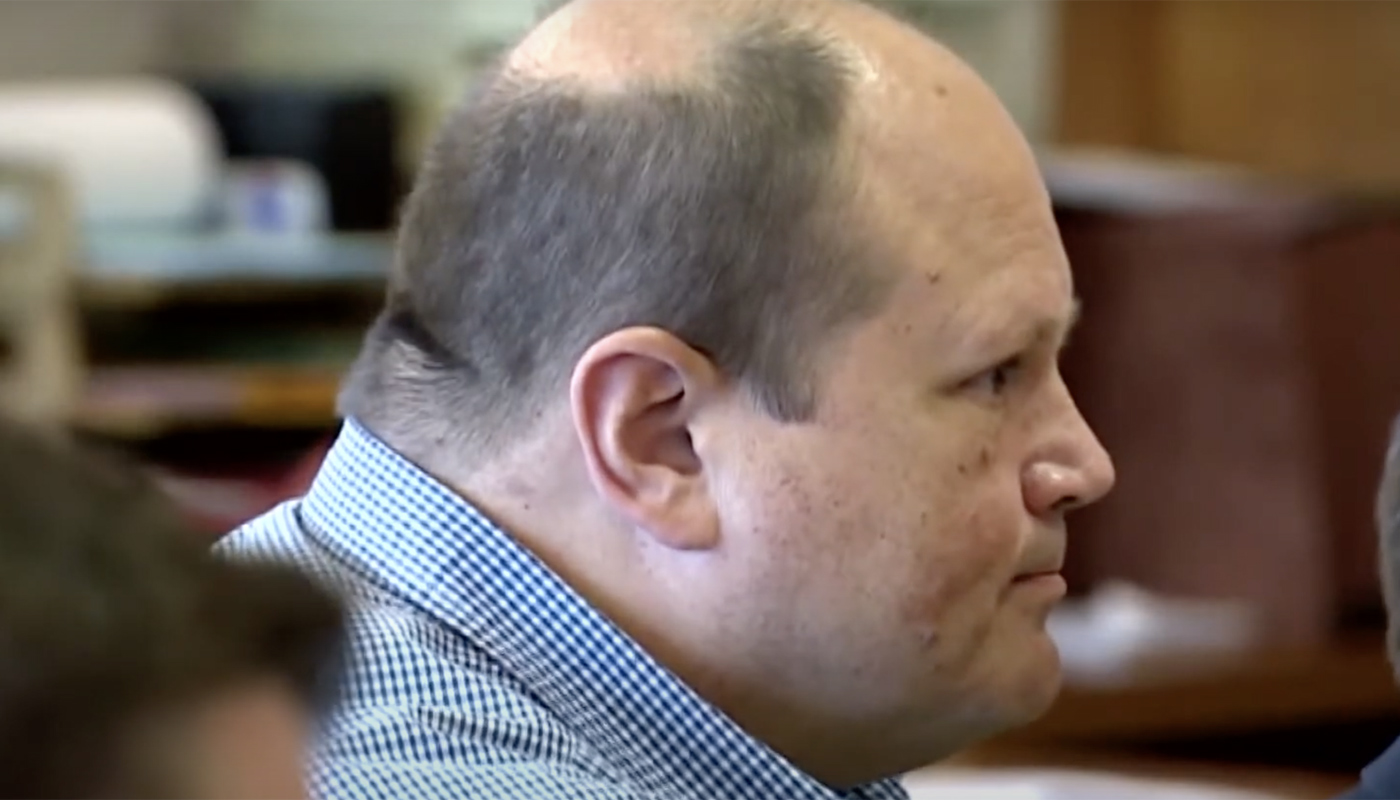
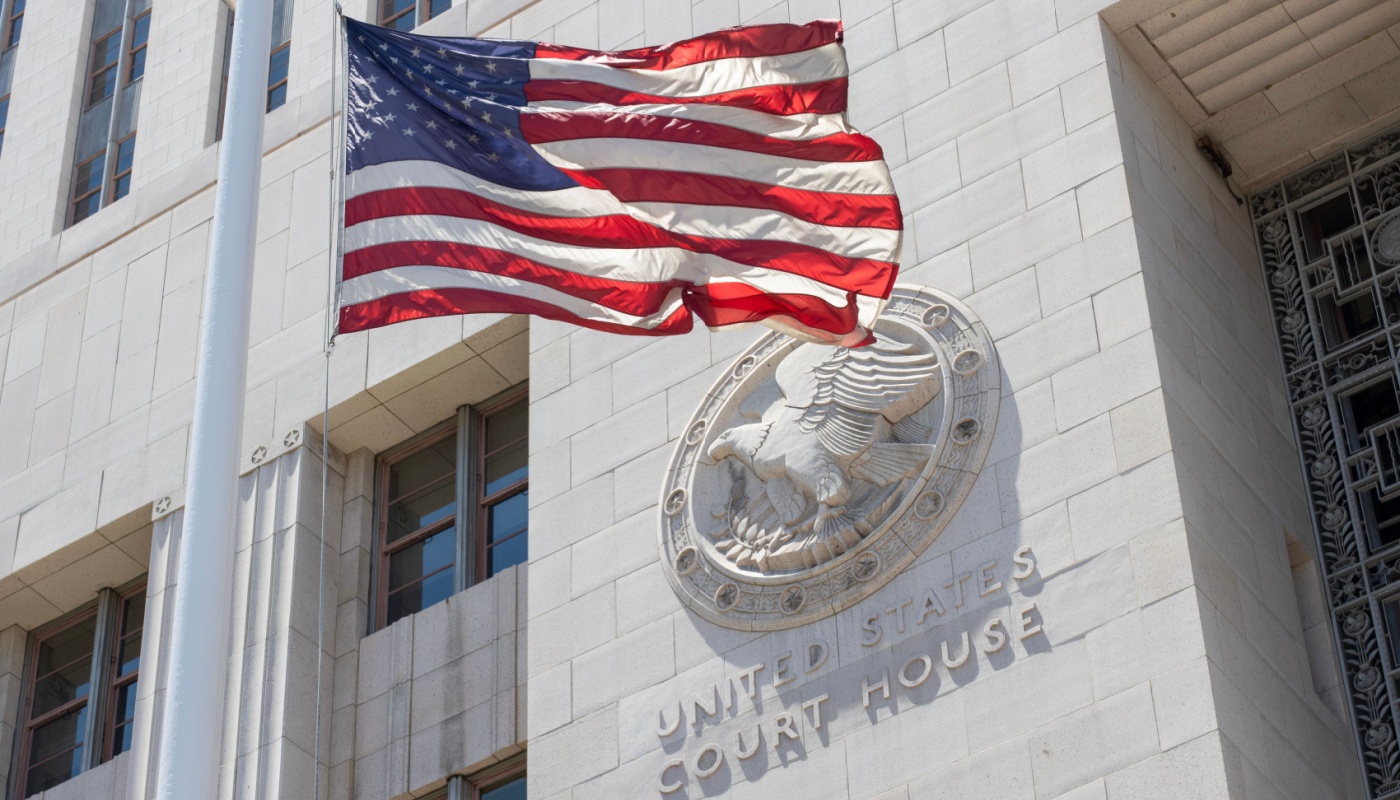



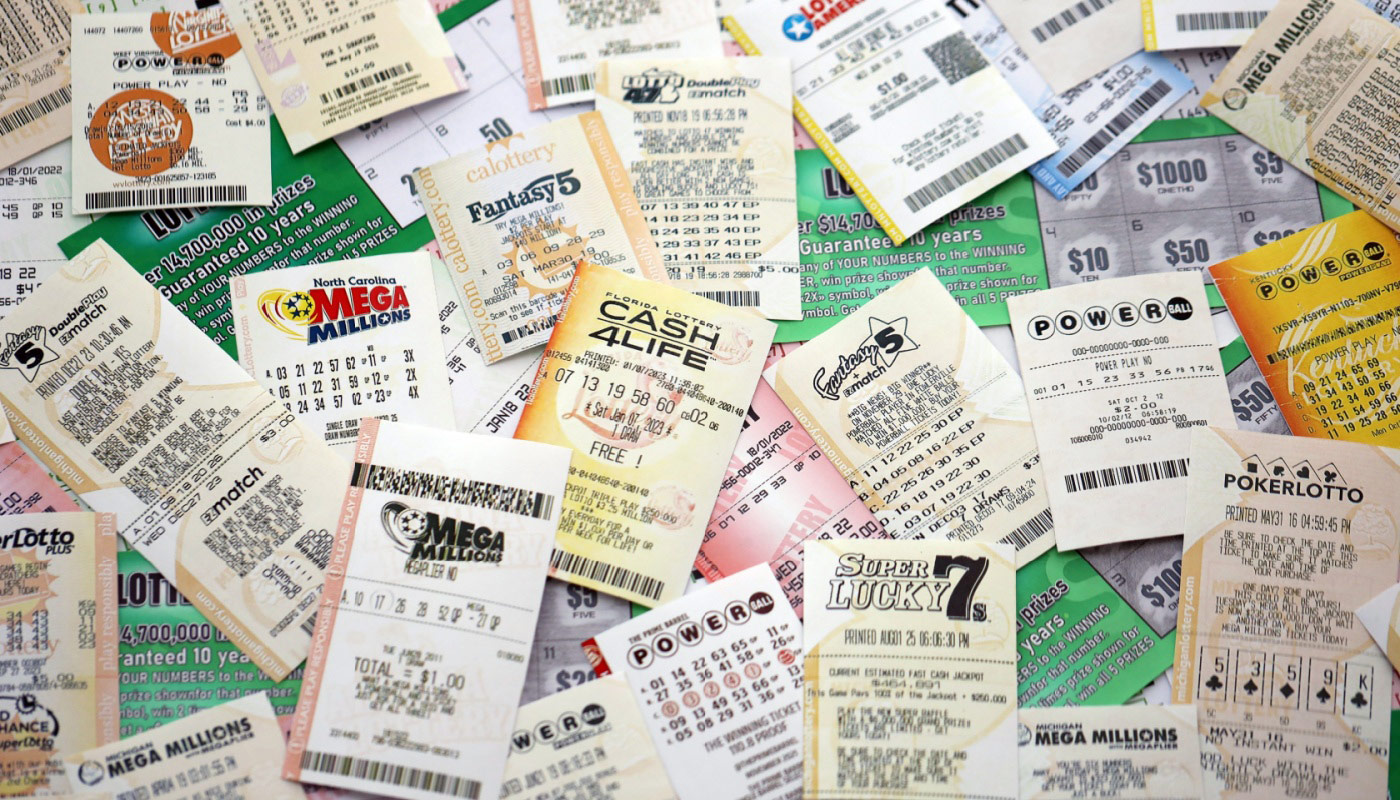
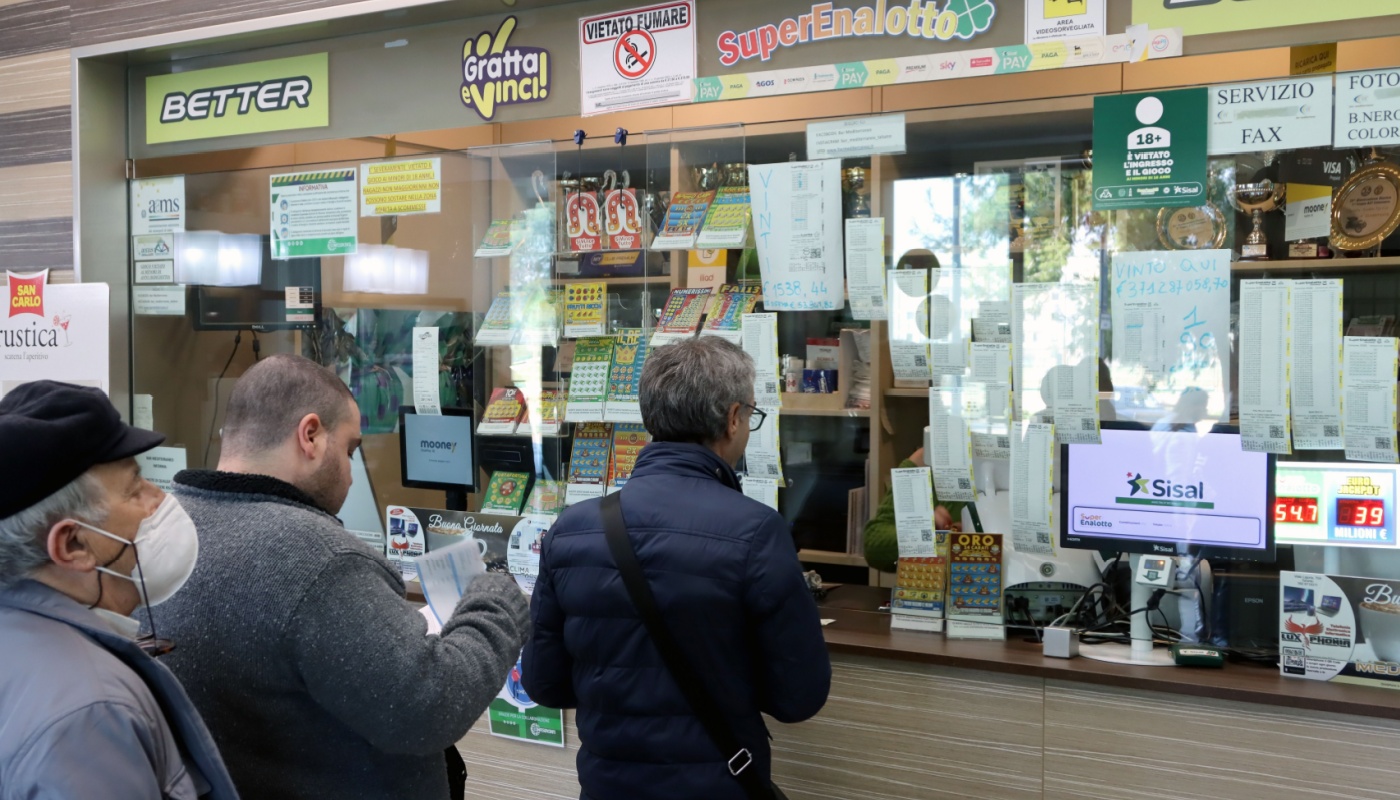


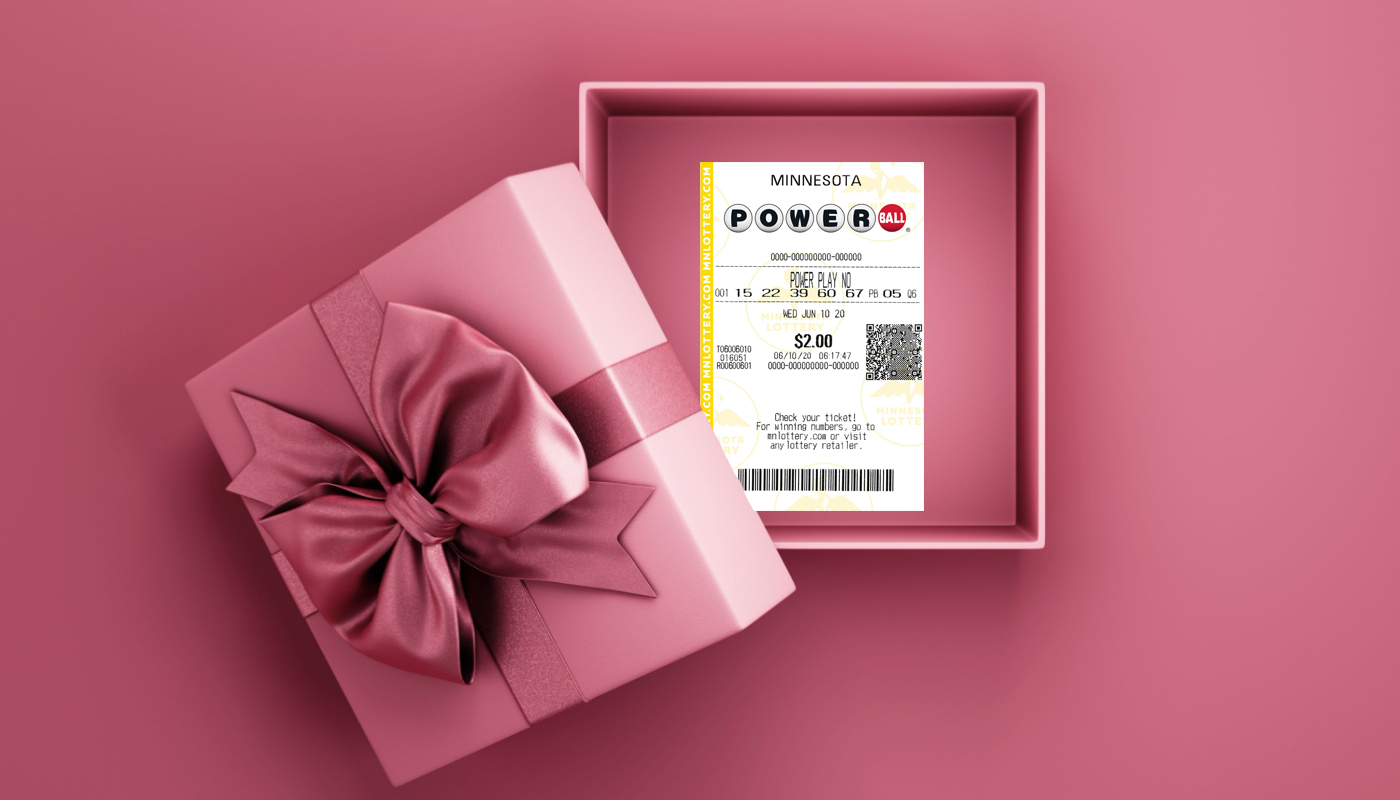
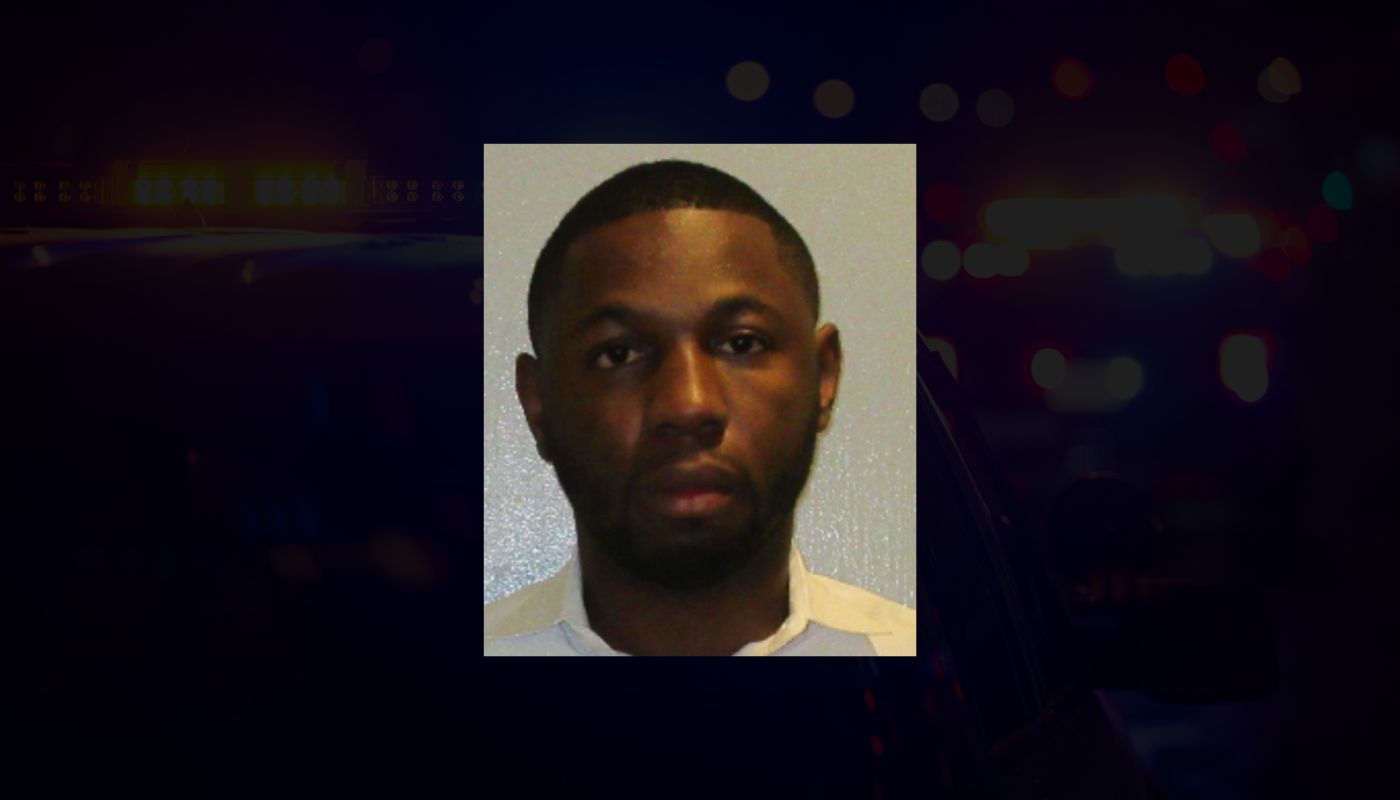
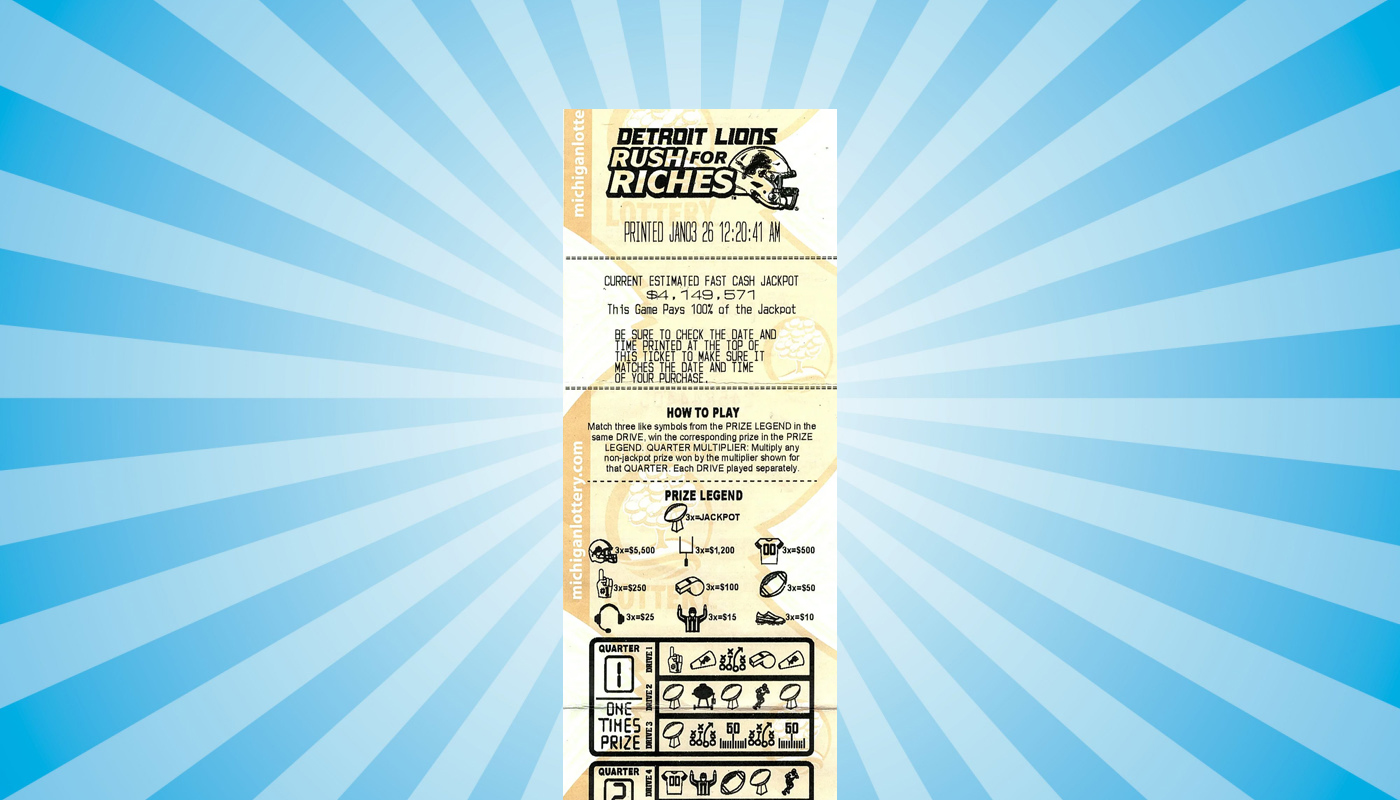









Comments